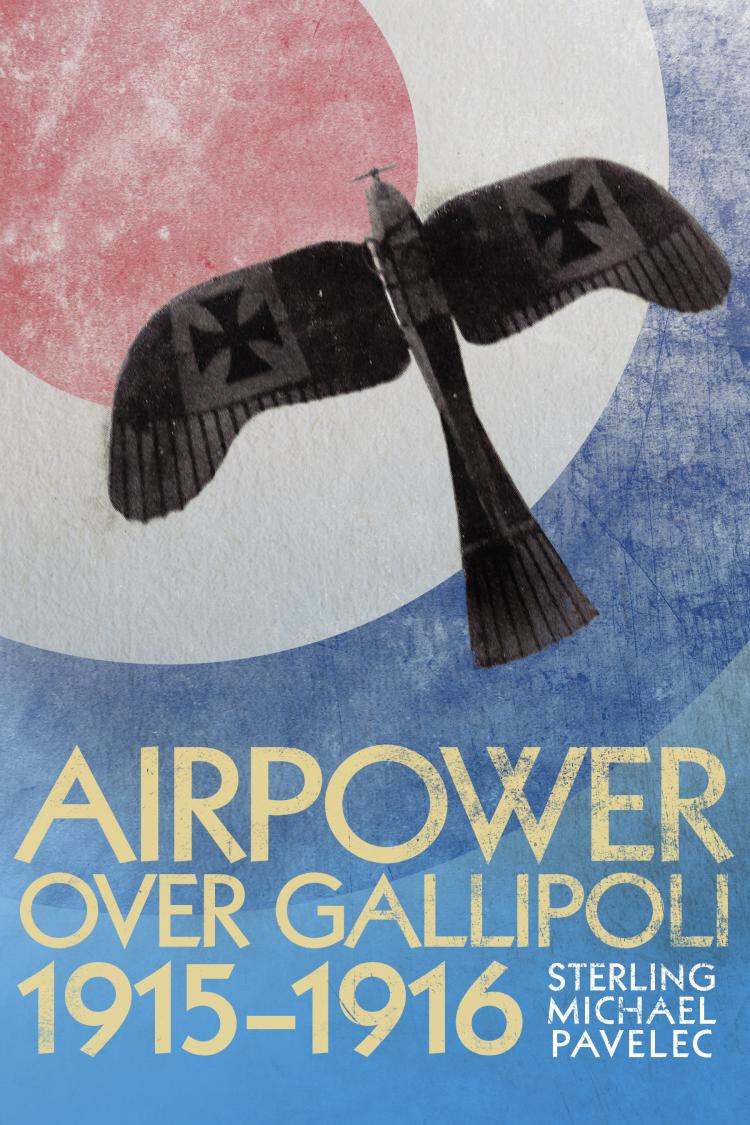The Man Who Took the Rap
Sir Robert Brooke-Popham and the Fall of Singapore
- Subject: Military Aviation History YouTube Channel - Reading List | Clear the Decks Up to 80% OFF
- Format:
Hardcover
- Pages:
448pages
- Published:
October 15, 2018
- ISBN-10:
1682473589
- ISBN-13:
9781682473580
- Product Dimensions:
9.25 × 6.125 × 1 in
- Product Weight:
31 oz
Hardcover $9.79
Overview
This is the first biography of Sir Robert Brooke-Popham, a key figure in the early development of airpower, whose significant and varied achievements have been overlooked because of his subsequent involvement in the fall of Singapore. It highlights Brooke-Popham’s role in developing the first modern military logistic system, the creation of the Royal Air Force Staff College and the organizational arrangements that underpinned Fighter Command’s success in the Battle of Britain. Peter Dye challenges longstanding views about performance as Commander-in-Chief Far East and, based on new evidence, offers a more nuanced narrative that sheds light on British and Allied preparations for the Pacific War, inter-service relations and the reasons for the disastrous loss of air and naval superiority that followed the Japanese attack. “The Man Who Took the Rap” highlights the misguided attempts at deterrence, in the absence of a coordinated information campaign, and the unprecedented security lapse that betrayed the parlous state of the Allied defenses.
About the Author
Editorial Reviews
“Dye not only examines Brooke-Popham’s life, career, and unfortunate fate, but also gives us insightful looks at the evolution of British military aviation from its origins into the Second World War and the development of British strategy from the Great War through the early stages of the Second World War…. The Man Who Took the Rap is an important read for those interested in opening rounds of the Asia-Pacific war, the early history of military aviation, and strategic planning.” —StrategyPage
"The book has 16 pages of B&W photographs, three very useful maps, 88 pages of (easy to find) footnotes together with a 26-page bibliography and an index. One photo that appears in the book is especially fascinating. It has the caption 'A B.E.2 aircraft parades in front of General Horace Smith-Dorrien, Salisbury Plain, June 1914'. The photograph is taken from behind a group of high-ranking army officers all seated on horses watching a biplane flying (parading) at a very low-level from left to right in front of them. This one remarkable photograph captures very well the meeting of the past and the future of warfare immediately prior to the First World War." —RUSI
"This is a well-researched and well written book on the life of the man who is best known for his failure, the loss of Singapore in the face of a Japanese tidal wave, rather than in terms of his distinguished career in the RAF and in the British Armed Forces." —Defense.info
"The Fall of Singapore was a huge shock to the British, but it should not have been. The British author provides a well-researched account of the events and consequences. Much Recommended." —FIRE Reviews
"Mr Dye challenges longstanding views about performance as Commander-in-Chief Far East and, based on new evidence, offers a more nuanced narrative that sheds light on British and Allied preparations for the Pacific War, inter-service relations and the reasons for the disastrous loss of air and naval superiority that followed the Japanese attack. The Man Who Took the Rap hones in on the misguided attempts at deterrence, in the absence of a co-ordinated information campaign, and the unprecedented security lapse that betrayed the parlous state of the Allied defences." —This is the Westcountry.co.uk
"This is a well researched and well written book on the life of the man who would be best known for a nation's failure, the loss of Singapore in the face of a Japanese tidal wave, rather than in terms of his distinguished career in the RAF and in the British Armed Forces." —Defense.info
"Robert Brooke-Popham is remembered, if he is remembered at all, for one thing: the fall of Singapore in 1942. But as Peter Dye shows in this excellent biography, there was much more to the career of this leading British airman than that. Dye's judicious scholarship sets the record straight." —Gary Sheffield, Professor of War Studies, University of Wolverhampton, UK
"This well titled book makes important points that deserve to be noted: a long and productive life should not be reduced to one sad episode, particularly not when that story is more complicated than simple scapegoating. Dye rescues an RAF pioneer from scapegoating obscurity with this fine thoughtful biography." —Brian P Farrell, Professor of Military History, National University of Singapore
"Peter Dye is both a professional disciple of Sir Robert Brooke-Popham and a meticulous historian who writes clearly and with great authority. This book leaves no doubt about his admiration for his subject whom he sees as having been unfairly treated but, at the same time, is balanced and objective." —Air Vice-Marshal Sandy Hunter CBE AFC DL Former Commandant RAF Staff College, Editor with Professor Brian Farrell of Sixty Years On and A Great Betrayal
"Peter Dye's excellent biography on Sir Robert Brooke-Popham is a much needed addition to the air power historiography and to the history of the Royal Air Force. It is immaculately researched and beautifully written. It is a must read for all military historians whether their interest is in the inter-war years, the Second World War or in particular, the fall of Singapore." —Dr Peter Gray, Senior Research Fellow in Air Power Studies, University of Birmingham
“A handsome volume … with excellent photography, maps, and an outstanding dust jacket…. The bibliography is excellent, and the notes section informative. Clearly, the book makes a major contribution to recounting the life of a significant individual and understanding the challenges facing Great Britain in the Far East on the eve of the Second World War.” —International Churchill Society
“A superbly researched and written biography. Peter Dye, a retired RAF air vice marshal, sheds light on the achievements of a far-sighted and much maligned air pioneer and senior commander. The Man Who Took the Rap: Sir Robert Brooke-Popham and the Fall of Singapore is recommended highly.” —Over the Front
“Dye makes an important and balanced contribution…. An important read.” —The Navy
“‘The Man Who Took the Rap’: Sir Robert Brooke-Popham and the Fall of Singapore is a fine and much-needed biography of the commander-in-chief of the Far East.” —A Blog on Winston Churchill
“This new illustrated edition provides extensive coverage of U.S. Naval air and o shore fire support in Vietnam. Abundant illustrations, maps and explanatory sidebars help tell the story.... An index and reading suggestions round out this well-written book.” —The Ensign
“It was high time that someone wrote a biography of Sir Robert Brooke-Popham who played a significant role in the evolution of the Royal Air Force and there can be no better man for the task than Air Vice-Marshal Peter Dye who gave 35 years dedicated service as an engineer officer before spending six years as the Director General of the Royal Air Force Museum…. Peter Dye’s meticulously researched account of B-P’s life, produced with the full cooperation of the family and access to his personal papers, is comprehensive and very well written. His conclusions are fair and balanced. As well as setting the record straight, his excellent book makes a valuable contribution to the documentation of the history of the Royal Air Force.” —Aerospace
“The Man Who Took The Rap continues a long tradition of well-researched military histories, biographies, and memoirs, including those of OSS agents who worked with then–American ally Ho Chi Minh during the Second World War…. Historians of the British Empire and those focused on the science, techniques, and innovations that contributed to colonial control and policing will find Dye’s work worth reading. Dye’s book is also recommended for all enthusiasts of military and aviation histories because of his superb work with diaries, personal correspondences, and wartime material that yields many page-turning narratives and astounding historical encounters.” —The Journal of Military History









